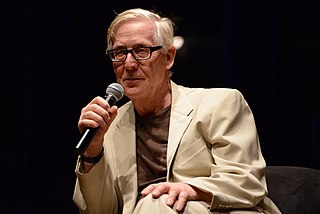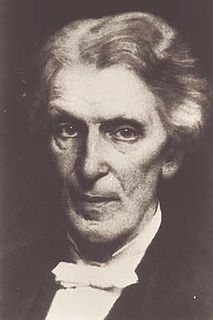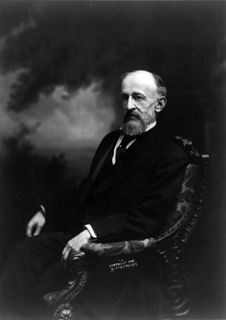A Quote by Thomas Paine
Universal empire is the prerogative of a writer. His concerns are with all mankind, and though he cannot command their obedience,he can assign them their duty. The Republic of Letters is more ancient than monarchy, and of far higher character in the world than the vassal court of Britain.
Related Quotes
Nothing like this has been attempted before. (...) It might be called a literary Porto Alegre. That implies a beginning, with much fierce argument and discussion to come. But whatever the outcome of ensuing criticisms or objections, The World Republic of Letters -- empire more than republic, as Casanova shows -- is likely to have the same sort of liberating impact at large as Said's Orientalism, with which it stands comparison.
People think they have taken quite an extraordinarily bold step forward when they have rid themselves of belief in hereditary monarchy and swear by the democratic republic. In reality, however, the state is nothing but a machine for the oppression of one class by another, and indeed in the democratic republic no less than in the monarchy.
If Aristotle, Livy, and Harrington knew what a republic was, the British constitution is much more like a republic than an empire. They define a republic to be a government of laws, and not of men. If this definition is just, the British constitution is nothing more or less than a republic, in which the king is first magistrate. This office being hereditary, and being possessed of such ample and splendid prerogatives, is no objection to the government's being a republic, as long as it is bound by fixed laws, which the people have a voice in making, and a right to defend.
When the sacredness of one's word is matched in the attributes of his character throughout, all that constitutes a man, then we find that there is something in a man's life greater than his occupation or his achievements; grander than acquisition or wealth; higher than genius; more enduring than fame.
There is no surer mark of a low and unregenerate nature than this tendency of power to loudness and wantonness instead of quietness and reverence. To souls baptized in Christian nobleness the largest sphere of command is but a wider empire of obedience, calling them, not to escape from holy rule, but to its full impersonation.
This command seems to me to be strictly a missionary injunction, and, as far as I can see, those to whom it was first delivered regarded it in that light, so that, apart altogether from choice and other lower reasons, my going forth is a matter of obedience to a plain command; and in place of seeking to assign a reason for going abroad, I would prefer to say that I have failed to discover any reason why I should stay at home.
In 1491 the Inka ruled the greatest empire on earth. Bigger than Ming Dynasty China, bigger than Ivan the Great’s expanding Russia, bigger than Songhay in the Sahel or powerful Great Zimbabwe in the West Africa tablelands, bigger than the cresting Ottoman Empire, bigger than the Triple Alliance (as the Aztec empire is more precisely known), bigger by far than any European state, the Inka dominion extended over a staggering thirty-two degrees of latitude—as if a single power held sway from St. Petersburg to Cairo.
That, in part, is why the Constitution's framers gave justices life tenure ? to enable them to rule wherever the law and the Constitution led them, without obligation or fear of political reprisal. Former Republican president Gerald Ford recently paid tribute to John Paul Stevens, his only appointee to the Supreme Court, who is also far more liberal than Republicans expected. He has served his nation well, ... with dignity, intellect and without partisan political concerns.
Brains and character rule the world. The most distinguished Frenchman of the last century said: Men succeed less by their talents than their character. There were scores of men a hundred years ago who had more intellect than Washington. He outlives and overrides them all by the influence of his character.
[Comedies], in the ancient world, were regarded as of a higher rank than tragedy, of a deeper truth, of a more difficult realization, of a sounder structure, and of a revelation more complete. The happy ending of the fairy tale, the myth, and the divine comedy of the soul, is to be read, not as a contradiction, but as a transcendence of the universal tragedy of man. ...Tragedy is the shattering of the forms and of our attachment to the forms...





































